Sir Ridley Scott
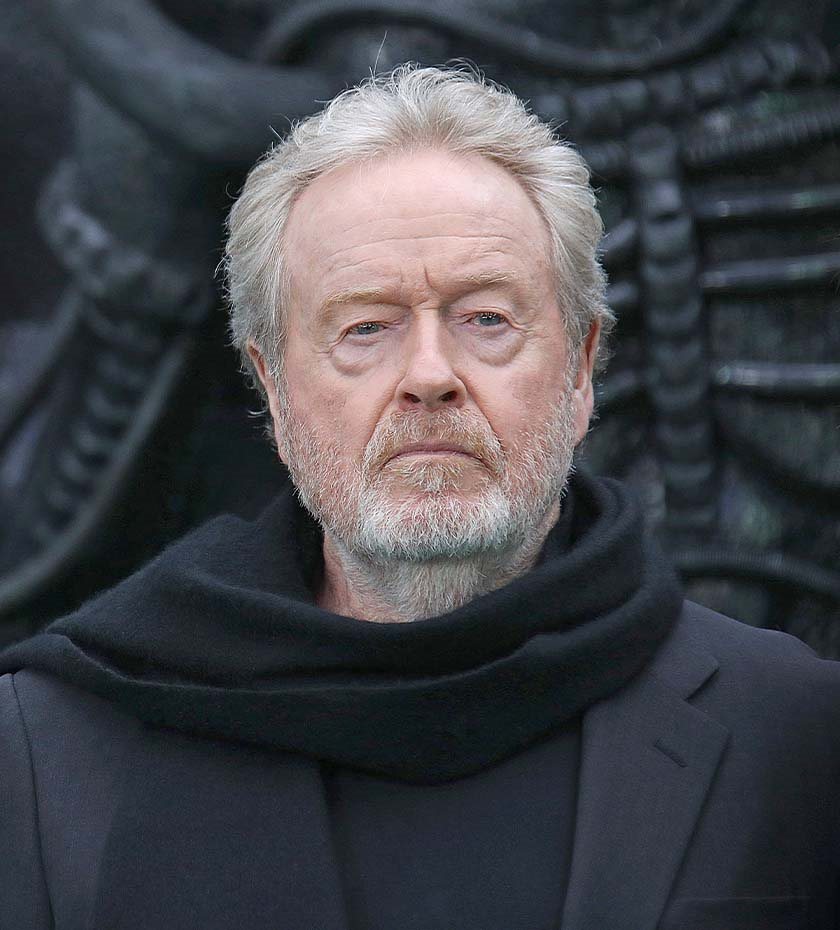
On the morning of June 18, 1815, Napoleon Bonaparte was full of confidence. He was in a small inn called La Belle Alliance. His 73,000 soldiers were camped on the hillside, awaiting the coming battle against 67,000 British troops under the command of the Duke of Wellington. Everything was ready for what would be Napoleon's last great battle. His final defeat.
The fact was, he didn't see it coming. His overconfidence made him so confident of victory that he told his chief of staff that "Wellington is a bad general and the English are bad soldiers. The whole affair will be no more serious than swallowing your breakfast."
This was a mistake. By the end of the day, 25,000 French soldiers had been killed. Napoleon made mistake after mistake. Perhaps the worst was that he underestimated the enemy. But just as importantly, he delayed his own attack long enough for Prussian reinforcements to reach the battlefield. Moreover, he was ill and seemed apathetic. This was his Waterloo. His final fall from the pinnacle of power.
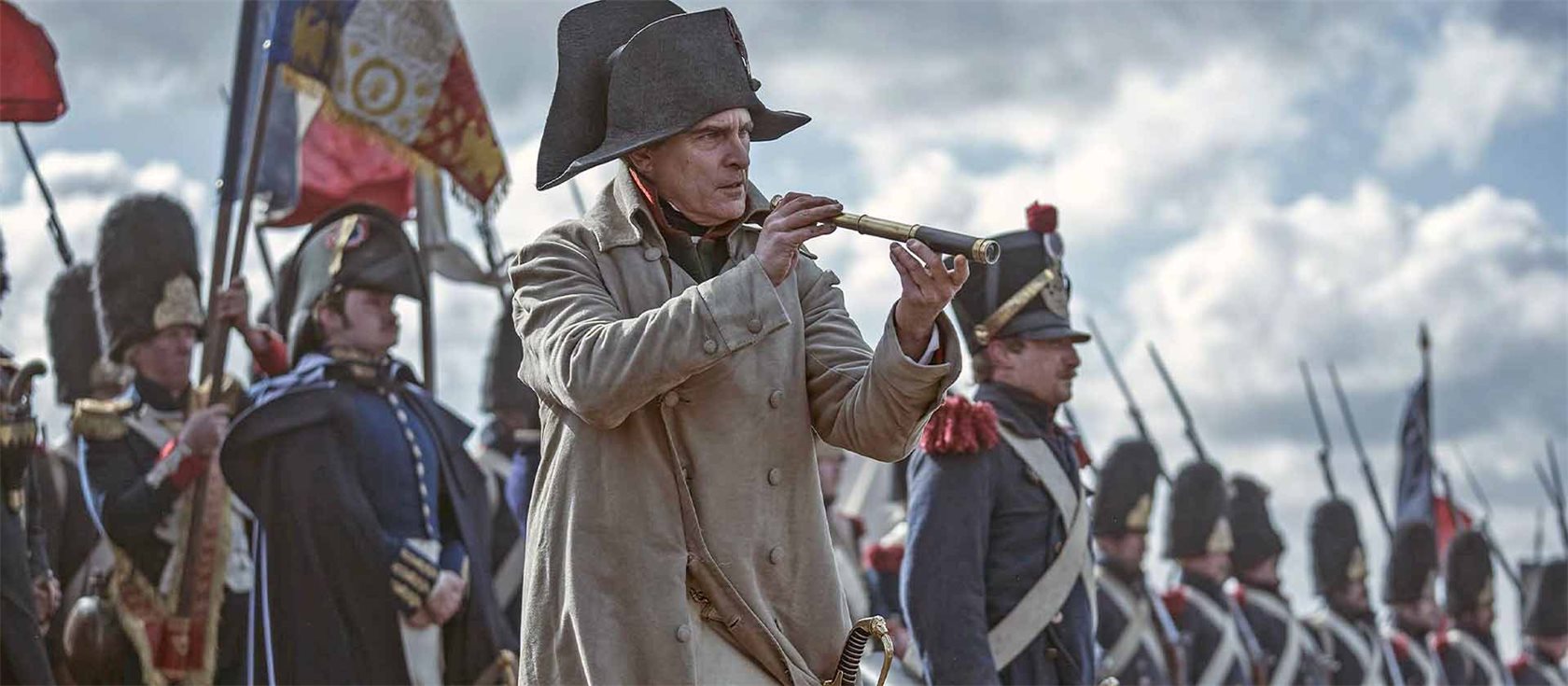
That's the story master director Ridley Scott tells in his epic blockbuster Napoleon, which opened in cinemas across the UK in late November. Scott, who has filmed and fought more than his fair share of battles, turned eighty-six that month, a week after the release of Napoleon. His twenty-eighth movie. A Directors Cut version is also planned to be broadcast as a series on the Apple+ streaming service.
In the cinematic universe, he has previously dealt with other great men in history (Moses, Columbus) as well as aliens, androids, con artists, gangsters, goblins, soldiers, serial killers and, of course, the Gucci family. He's created entire worlds like the rain-striped, mechanized dystopia of Blade Runner and the dusty Roman arenas of Gladiator. Many of his movie scenes simply stick in our minds: who doesn't remember the slimy monster erupting from the astronaut's chest in Alien, or Thelma and Louise speeding over the cliff in their convertible?
But he's hard to figure out. "Is Ridley Scott a good artist? Is he a master director with artistic finesse? Or is he just a commercial hack? Or is he all of those things at once?" asks author Paul Sammon, who has published three books on Ridley Scott. "That's what I really enjoy about Ridley - he's unclassifiable."
Maybe he's just like Napoleon. Self-aggrandizing - and sometimes brilliant.
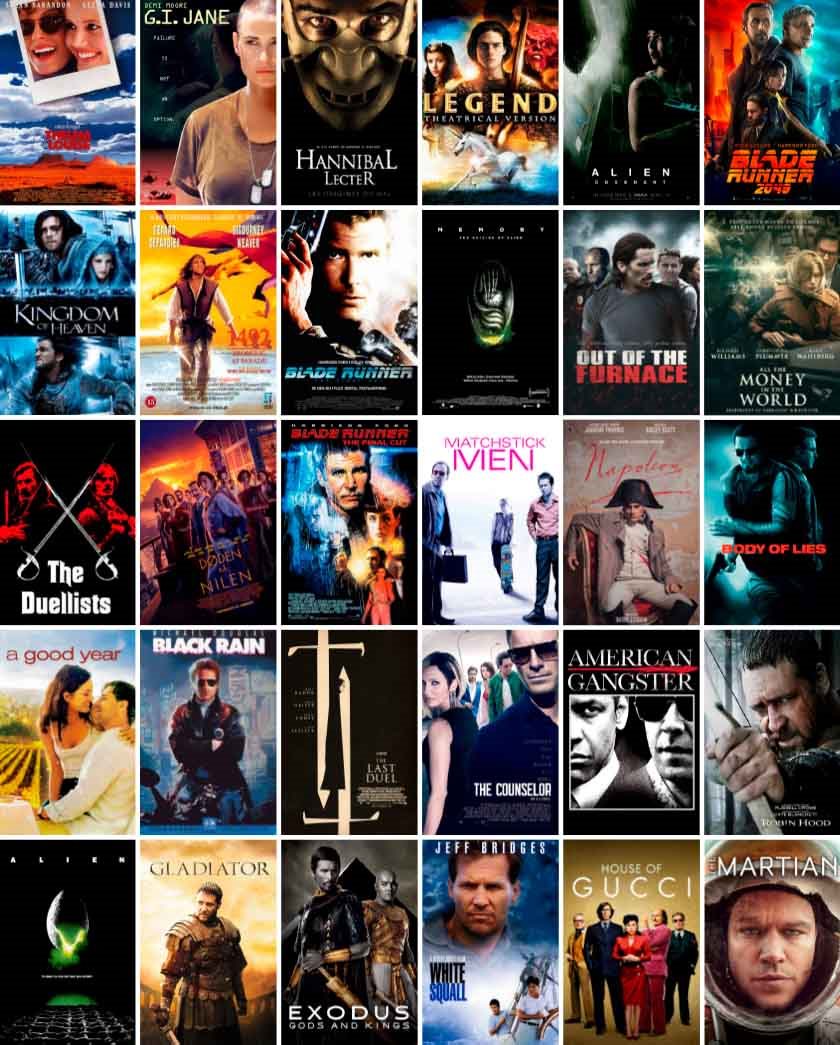
He certainly has a hard time accepting mistakes himself. And he's even worse when it comes to bad reviews. Such as The Counselor (2013), which he maintains to this day was poorly received due to bad marketing. And when something fails, well, he doesn't dwell on it. "No! I smash it out of the system with a tennis ball!" he told the New Yorker magazine last year.
In the same interview, he also mentions with some sadness a review of Blade Runner, where one line in particular stands out: "Scott seems to be trapped in his own dead ends - without a map".
Perhaps he'd agreed to another interview just to have the last laugh. For Ridley Scott's career has been marked by huge successes that have made millions and millions for the film companies.
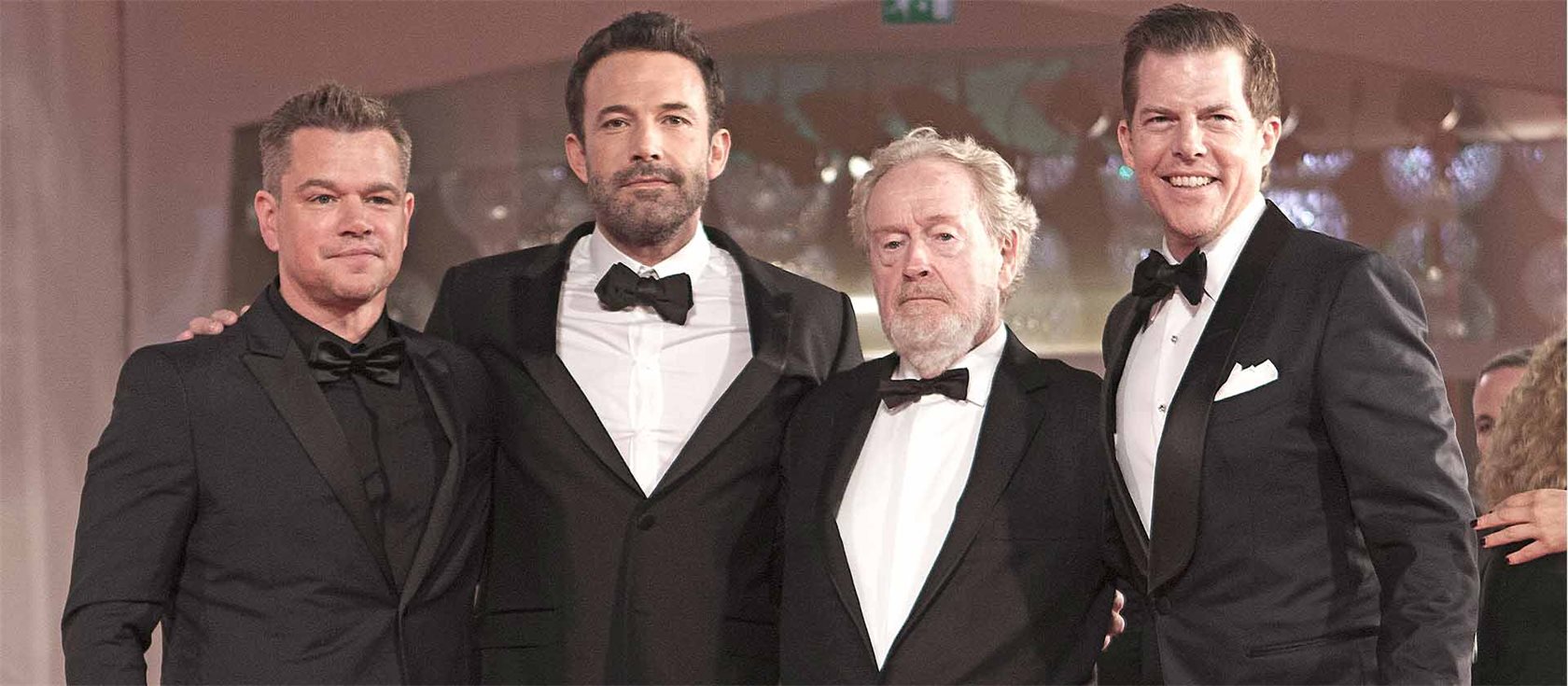
Science fiction was his choice
Aside from his penchant for portraying great and important historical figures, the science fiction genre has always been close to his heart. As a boy, he was fascinated by H. G. Wells novels. And as a young man, it was movies like The Day Earth Stood Still (1951) and It! The Terror from Beyond Space (1958) that he watched in theaters. "They were interesting. But it wasn't until I saw Stanley Kubrick's 2001: A Space Odyssey that I knew what I wanted to do with my life." He grew up in a military family - and as a child moved around depending on where his father was stationed. His father was a somewhat distant figure who he rarely saw. However, he did have an uncle who ran a chain of cinemas in the Tyneside district of northern England. After graduating from the Royal College of Art in London, he joined the BBC as a trainee. The idea was to design the sets for the various TV shows and series produced by the broadcaster. But as early as 1965, he started directing various BBC series.
A few years later, together with his younger brother Tony Scott, he founded his own production company, which, among other things, landed a lucrative order from Chanel N°5. The French perfume brand needed a revitalization if it was not to lose its reputation as a luxury brand. Throughout the 70s and 80s, Scott created Chanel's TV commercials as little mini-films that played on fantasy and the powerful forces of seduction.
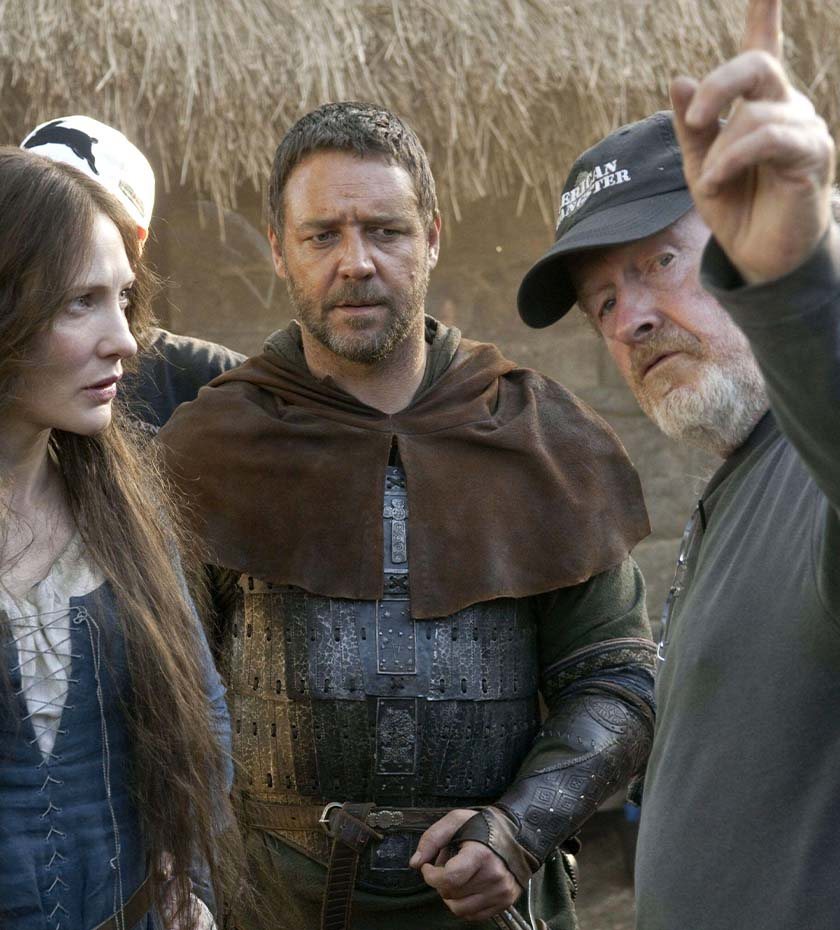
But it was the big epic cinematic works that really caught his interest. And in 1977, he made his debut as a film director with the movie The Duellists. Set between the Napoleonic Wars, the film depicts the 15-year conflict between two men that started over a trivial matter. The film was honored for its accuracy in depicting historically authentic military uniforms and strategy. By the end of the decade, however, it was the science fiction film Alien (1979) that is perhaps best remembered. This horror film won him great international success. A success that led him to create the sequels Prometheus and Alien: Covenant.
The hidden feminist
Overall, his film career has been centered around the portrayal of heroes and heroic deeds. Starting with the heroine Ripley in the Alien films, Scott has often sought out female role models. An aspect that prompted the editor of the Los Angeles Times to write: "Ridley Scott may be cinema's best-hidden and most consistent feminist."
And Sigourney Weaver in the Alien films is not alone. She became one of Hollywood's first female action heroes. Thelma and Louise, G.I. Jane and Lady Gaga's vengeful Patrizia Reggiani in House of Gucci are other striking examples. Sigourney Weaver credits Scott for the longevity of Ripley and the Alien films. Last year she told Total Film magazine: "They made Ripley a woman without making her a helpless creature. I had been fitted with a baby blue space suit and Ridley took one look at me and said: You look like a fucking Jackie O. in space!" He gave her an old NASA spacesuit instead. "Ripley is not a sexy space babe," Weaver said. "I was never worried about how I looked, I was worried about getting down the corridors fast enough to escape the explosions!"
Ridley Scott has had the great fortune of being able to work on the movie projects he wanted to. With his latest film, Napoleon, he might have been able to bring a glorious end to an illustrious career. But perhaps it's the fear of experiencing a personal Waterloo that keeps him going. In any case, he will be premiering Gladiator 2 later this year.
Ridley Scott and his films have won a total of nine Oscars. And in 2003, he was knighted by Queen Elizabeth with the right to wear the title Knight Bachelor and call himself Sir Ridley.